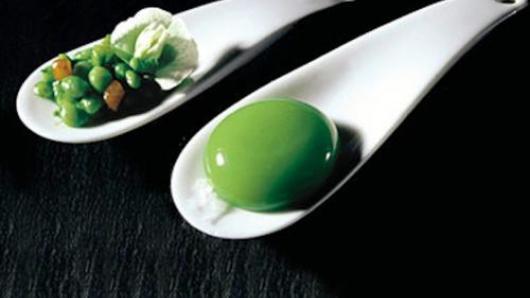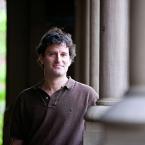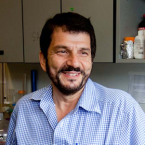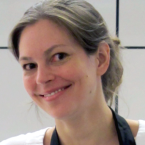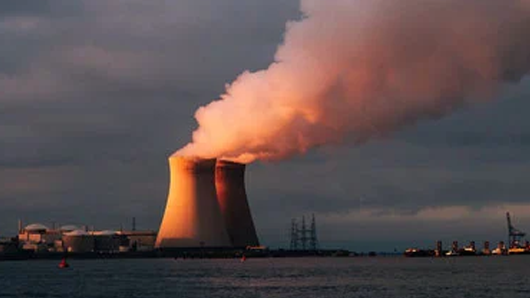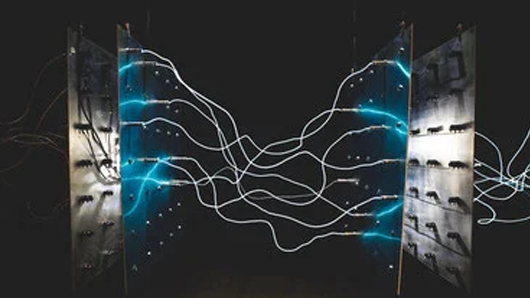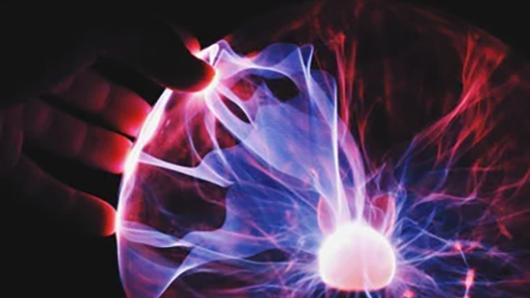What you'll learn
The scientific concepts that underlie everyday cooking and haute cuisine techniques
How to apply principles of physics, engineering, and chemistry to cooking
How to become an experimental scientist in your own kitchen
How to think like a chef AND a scientist
Course description
During each week of this course, chefs reveal the secrets behind some of their most famous culinary creations — often right in their own restaurants. Inspired by such cooking mastery, the Harvard team will then explain the science behind the recipe.
Topics will include: how molecules influence flavor; the role of heat in cooking; diffusion, revealed by the phenomenon of spherification, the culinary technique pioneered by Ferran Adrià.
You will also have the opportunity to become an experimental scientist in your very own laboratory — your kitchen. By following along with the engaging recipe of the week, taking precise measurements, and making skillful observations, you will learn to think like both a cook and a scientist. The lab is certainly one of the most unique components of this course — After all, in what other science course can you eat your experiments?
Course Outline
Molecules, moles, flavor, and pH
Includes a discussion by Daniel Humm of Eleven Madison Park in NYC on flavor, pH, and the secret to his famous duck sauce, and scientific discussions on the major molecules of food, flavor, moles, and pH.
Energy, temperature, and heat
Includes a welcome drink by Dave Arnold of Booker and Dax in NYC to toast the course, and a scientific discussion of how to cook a perfect egg. This module will focus on one of the most commons ways to cook - adding energy in the form of heat to increase the temperature of a food and thus change its internal structure.
Phase transitions
Joan and Jordi Roca of El Celler de Can Roca, recently voted the best restaurant in the world, will explain how they manipulate phase transitions when cooking through techniques like sous vide and rotovapping. The scientific discussion will focus on what causes phase transitions in foods from a macroscopic and microscopic perspective.
Diffusion and Spherification
José Andrés — chef and owner of minibar, Jaleo, and The Bazaar — will introduce us to the remarkable dishes he creates with gelling agents. Dominique Crenn of Atelier Crenn in San Francisco will make carrot jerky, and America's Test Kitchen will show us their secret to making great scrambled eggs and coleslaw. Scientific discussions in this module will include gelation, modernist thickeners, and diffusion, which make some remarkable dishes possible.
Heat Transfer
Carme Ruscalleda, chef and owner of restaurant Sant Pau, will cook steak and other culinary specialties that illustrate the special attention chefs pay to heat diffusion when cooking food. Nathan Myhrvold will share his method for cooking the perfect burger, and America’s Test Kitchen will show us their secret to cooking perfect French fries. The scientific discussion in this module is about heat transfer, and explaining why it is so hard to cook a perfect steak from both a microscopic and macroscopic perspective. We will also explore heat-dependent chemical reactions, and how they impact food taste and texture.
Candy
In the final module we will discuss solubility and the science of candy and chocolate. Joanne Chang, from Flour bakery, will talk about the stages of sugar, and Enric Rovira from Xocolaters de Barcelona in Spain will show us some marvelous chocolate creations and we will discuss the underlying science of chocolate tempering and the different phases of chocolate.
